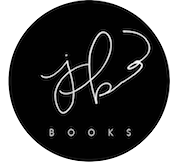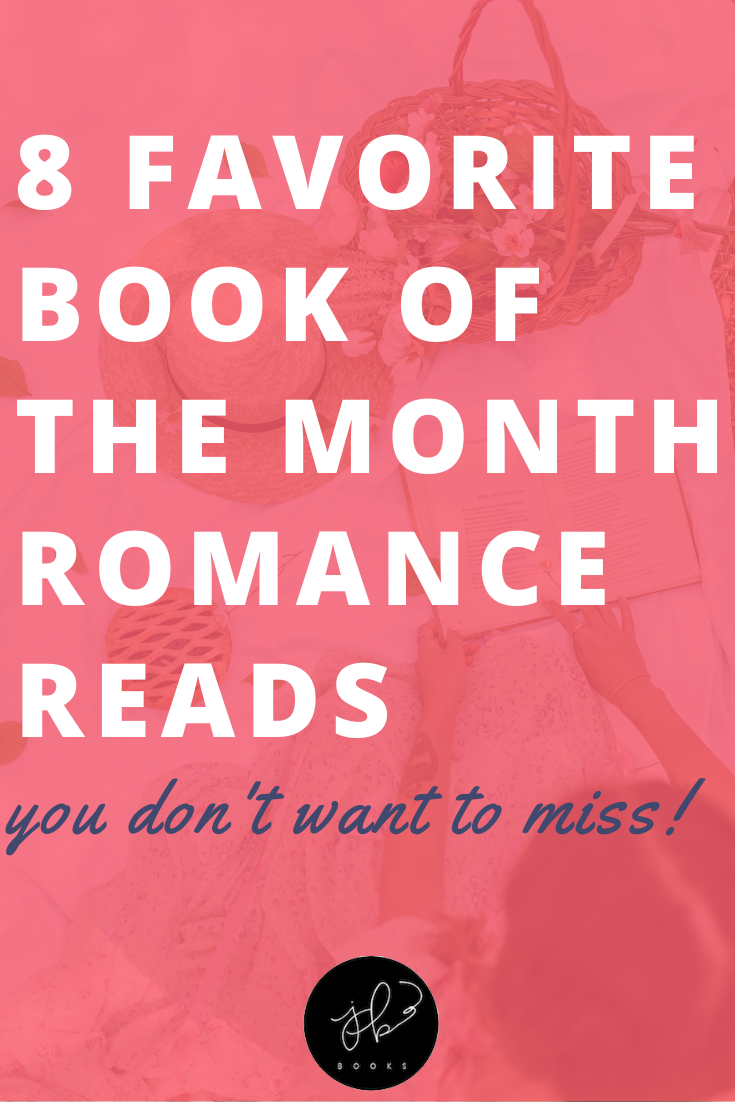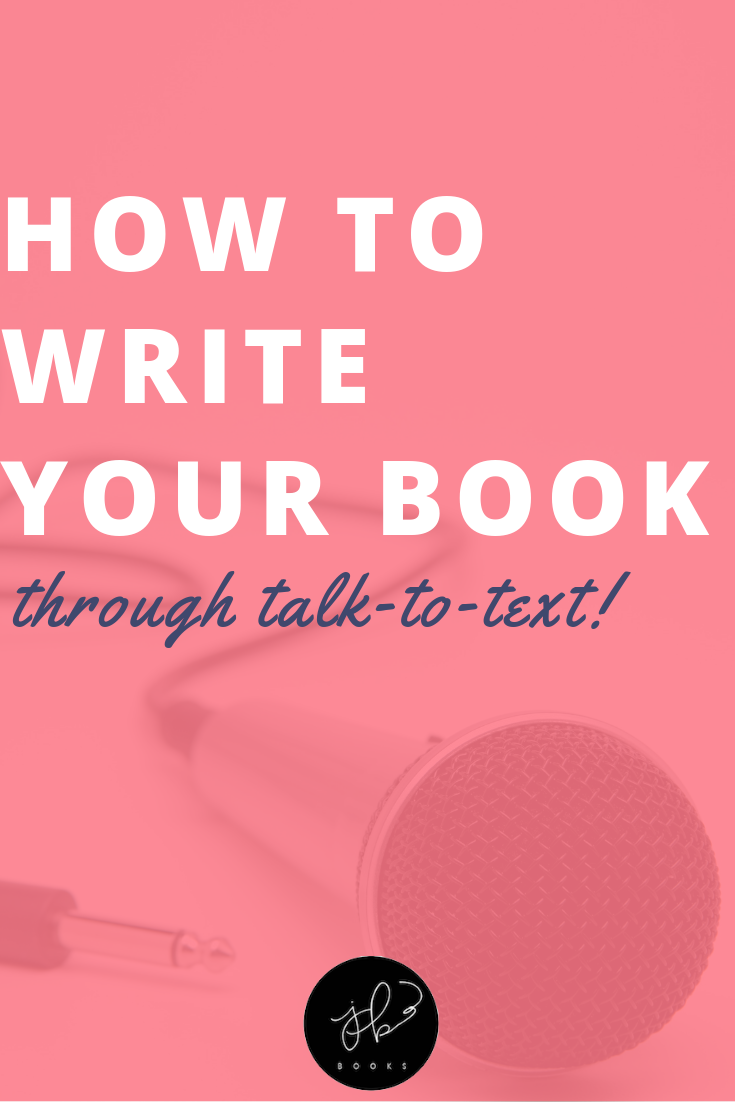Are you a student trying to balance it all? Introducing my friend Pema Donyo, a published writer, blogger and college sophomore. She’s an amazing inspiration for writers and provides great writing tips for students like herself. I'm so happy that she's here to spend some time with us.
You're on, Pema!
Here's your intro question. Tell me about yourself in less than 70 words.
I'm Pema Donyo, a current college sophomore. I'm also the author of One Last Letter, Revolutionary Hearts, and The Innocent Assassins - and more to come! Cheesy Hallmark movies, peanut butter, great romance novels, and learning more about business and the publishing industry keep me going. I post about my latest writing struggles, gush about my favorite reads, and recommend helpful articles on my blog.
Goal for next year? Write more.
You're a blogger, published writer and a college student. Tell us how you got started writing.
My love for writing began with a major love of reading. THE SCHOOL STORY by Andrew Clements was a huge source of inspiration for me. It's a middle-grade novel that chronicles a twelve-year-old girl publishing her first book. After I finished reading that story, I realized age wasn't an impediment to being published - nothing was. If you can dream it, you can do it. And if you can write it, you can share it with the world.
Let's put you to the test. What's your best advice for young writers trying to keep it all balanced?
Prioritize what matters most to you at different times in your life. Short version? There's a time for everything.
I'm a firm believer in writing every day. Instead of checking FB for five minutes, set up a writing sprint for yourself. Or wake up ten minutes earlier to jot down a few plot points. Writing is therapeutic, and it can counter some of the stress you may experience from all the other crazy events in life.
Lots of writers/bloggers still in high school and college take a hiatus during the school year. If that works for you, take a break. It's better to focus on a few things at a time than spread yourself too thin. School and homework should be the number one priority during the school year - there will be lots of time for writing during vacations and school breaks!
If you could be the author of any novel in history, which novel would that be and why?
Can I pick a series of novels? Lucy Maud Montgomery's Anne of Green Gables series. I love the character development of each of the protagonists as we follow them along their lives. One of my dreams is to write a series about a set of characters with the same longitudinal time span. A girl with a burning desire to write and a large scope for imagination? There aren't many other characters out there like Anne Shirley.
And finally, before we let you go, what's the best advice you've received and how did it get you here today?
Keep writing. Promotion can wait. Gaining more followers can wait. The writing can't! Write the material you want to read; write the plots that you're dying to flesh out. These are going to be the stories that will manifest themselves into the best versions of your work.
I used to be caught up in the promotion aspect, but then I realized my true source of happiness comes from producing stories. And that's the only way readers can find your work - if you're writing stories and putting them out there for people to enjoy.
Another piece of writing advice: finish your stories. It can be discouraging to start a great edge-of-your-seat idea, become super excited about it... and then the first chapter isn't up to your expectations. As I said above: keep writing! Perseverance will improve prose. After all, edits only happen after words are already on the page. Stick with your story and see it through.
Discussion Time: Are you a student with dreams of writing a novel? Where do you struggle the most? Tell us in the comments!






















